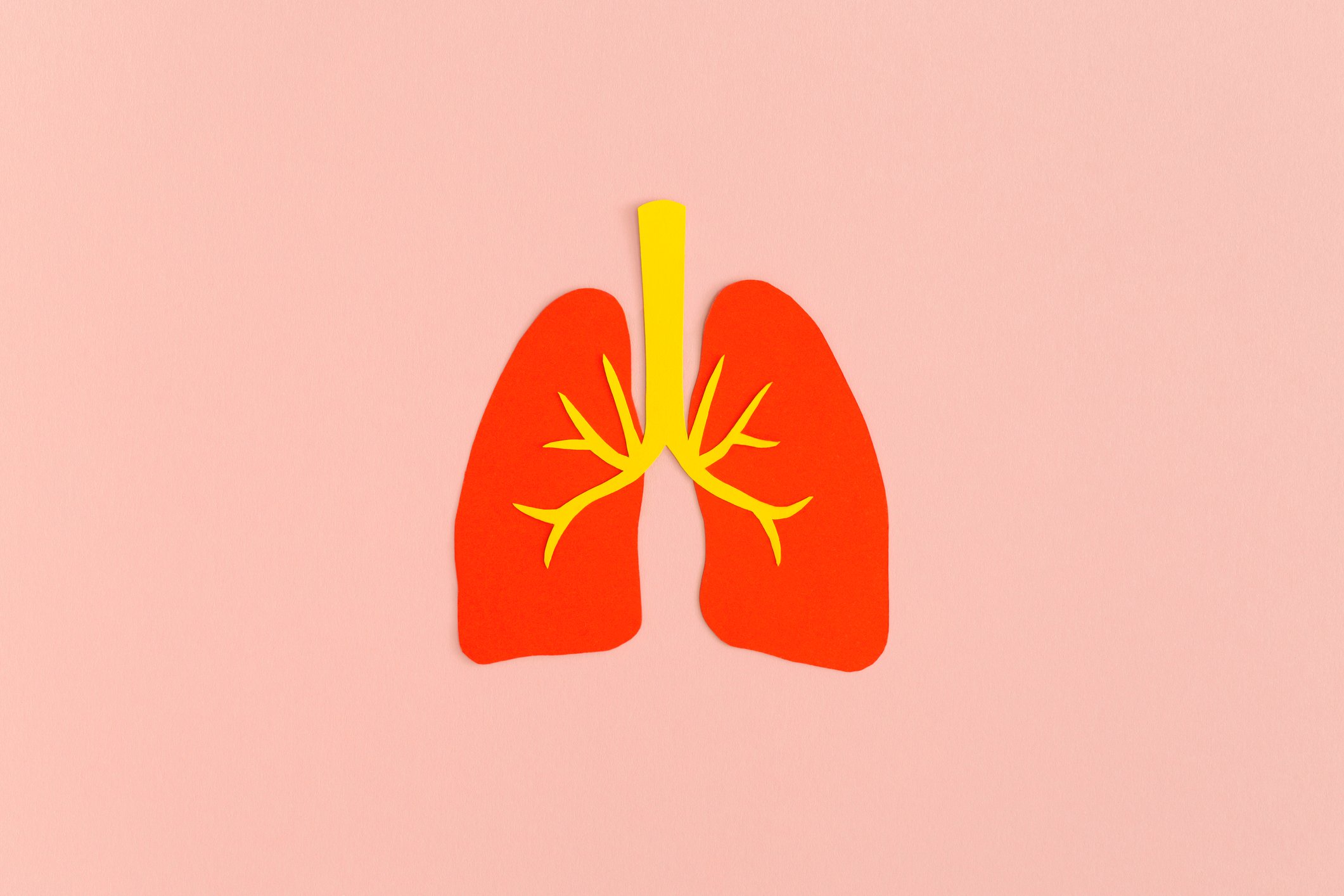Taking on pharma giants, Endeavor links IPF drug to improved lung function in phase 2
20 May 2024
Phase 2Clinical Result

Preview
Source: FierceBiotech
Endeavor BioMedicines is preparing to run another study with a global phase 2b idiopathic pulmonary fibrosis cohort.
Endeavor BioMedicines has linked its Hedgehog inhibitor to improved lung function in a phase 2a idiopathic pulmonary fibrosis (IPF) study, sending a sonic pulse through a sector currently dominated by drugs that only slow the decline of the disease.
Boehringer Ingelheim and Roche respectively turned Ofev and Esbriet into blockbusters on the back of evidence they can slow the decline in lung function. In one pivotal Ofev trial, lung function worsened (PDF) in 70% of patients who received the Boehringer drug for 52 weeks. The Esbriet label features (PDF) data from a pivotal study in which the lung function of 77% of patients taking the drug deteriorated.
While Ofev and Esbriet became blockbusters by slowing the decline of IPF patients, Endeavor wants to supplant the incumbents by reversing the disease. The phase 2a trial provides early clinical evidence that the biotech may be able to achieve that goal by targeting a type of fibroblast thought to drive IPF.
Investigators randomized 41 people with IPF to receive ENV-101 or placebo once daily. After 12 weeks, Endeavor saw a 1.9% mean improvement in a measure of lung function, namely percent predicted forced vital capacity (ppFVC) from baseline. PpFVC fell 1.3% in the placebo arm, causing the study to hit its primary endpoint with a p-value of 0.035.
The biotech also used imaging to assess lung fibrosis. Quantitative interstitial lung disease, a measure of lung fibrosis and other attributes, fell 9.4% in the ENV-101 group while rising 1.1% in the placebo arm. Measures of quantitative lung fibrosis and ground glass also favored the study drug.
On the safety front, no patients on ENV-101 had treatment-related serious adverse events, grade 3 or 4 adverse events, or clinically meaningful safety findings on laboratory analyses and other assessments. But some mild to moderate adverse events were common, with between 43% and 57% of participants having alterations in taste, hair loss or muscle spasms while taking the study drug.
Hair loss, known medically as alopecia, is mentioned in the Ofev label but only affected 0.8% of patients. Similarly, dysgeusia, the medical term for alterations in taste, features on the Esbriet label because it affected 6% of recipients of the drug. Endeavor is preparing to run another study with a global phase 2b IPF cohort and a parallel phase 2 cohort of individuals with progressive pulmonary fibrosis.
For more details,please visit the original website
The content of the article does not represent any opinions of Synapse and its affiliated companies. If there is any copyright infringement or error, please contact us, and we will deal with it within 24 hours.
Organizations
Targets
-Drugs
Hot reports
Get started for free today!
Accelerate Strategic R&D decision making with Synapse, PatSnap’s AI-powered Connected Innovation Intelligence Platform Built for Life Sciences Professionals.
Start your data trial now!
Synapse data is also accessible to external entities via APIs or data packages. Leverages most recent intelligence information, enabling fullest potential.





